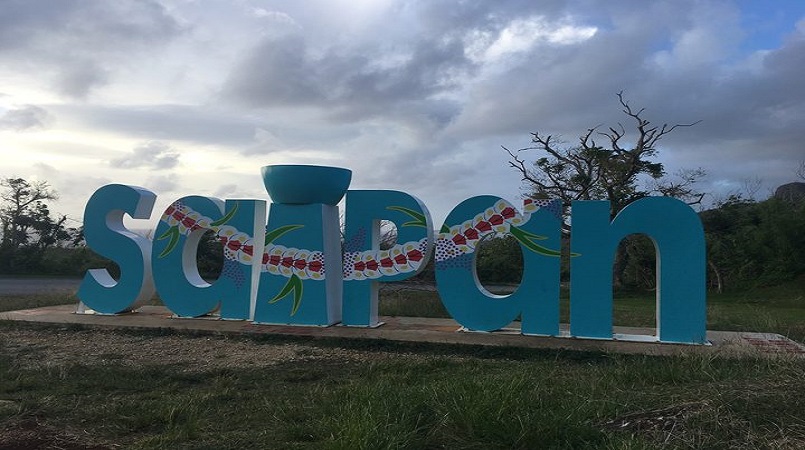
The Pacific Games Council says all eyes will be on Tokyo as the world waits to see if major sporting events can be delivered in the age of Covid-19.
The Pacific Mini Games are scheduled to take place in the Northern Marianas next June, having been delayed by 12 months because of the global pandemic.
With the infrastructure and accommodation already in place, officials are closely monitoring the Covid vaccine rollout across the region and the prospect of less border restrictions.
Pacific Games Council CEO Andrew Minogue believed the upcoming Olympics would be a major litmus test.
"I think the world is watching Tokyo to see whether a Games can be delivered, whether athletes can get in and out of a Games environment safely," he said.
"We know obviously now that Australia and New Zealand have reopened (borders) between them. That's a really step forward for the Pacific region - if that works out we're all hopeful that can be extended."
Tennis, weightlifting and Va'a were recently added to the Mini Games programme in Saipan, bringing the number of sports on offer to nine.
Minogue said the Covid-19 recovery act in the US had been a welcome boost to preparations.
"There's money flowing through to the CNMI and I presume other parts of the United States to help rebuild the economy, to help get people back to work and the Governor has been able to find some additional funds on top of what we agreed in 2019 when the Games were rescued...which means that we can add three of those sports back onto the programme, which is really good news," he said.
"To bulk it up to nine sports I think gives us a chance to get over the 1000 athletes, a substantial sized event in total, which I think is what we're all looking for, and I think that the CNMI are going to use it as part of their general recovery from Covid and reinvigorate the economy so we're very happy."
The CNMI has faced major challenges from Super Typhoon Yutu and Covid-19 since being awarded hosting rights to the Mini Games back in 2014.
Andrew Minogue said Saipan had been "unlucky" but remained confident the territory would host a successful event.
"The infrastructure is there in Saipan: they've got the facilities, they've got enough accommodation for everybody - it's just a question of being sure we can get there and be safe once we are there," he said.
"The government is very committed...there's a real mobilisation that's happening now on the ground and the committees and the organising committee with government people involved in that. I think the signs are good and we just have to hope the travelling environment improves."
The Pacific Games Council has also pledged US$130,000 to fund the per diems for up to 12 athletes from each of the 24 participating countries and territories.
Andrew Minogue said they have been building reserves for the best part of a decade and, wanted to help ease the financial burden on member nations.
"The funds are there to be able to support our members and in leading the per diems for athletes we're trying to encourage actual participation across the 24 countries, and that includes Australia and New Zealand who are invited in some of the sports," he said.
"We hope that's going to be an incentive for countries to be able to send a small delegation at least up to Saipan for the Games."
Having moved their Games into a crowded calendar space, Minogue said the Council had an obligation to support its members efforts to attend.
"The Commonwealth Games are on in Birmingham so more than half of our member countries are involved in that event and then you've got the Micronesian Games that happen in 2022 as well," he said.
"Then we've got things like the Winter Olympics...there's also the Asian Games at the end of 2022 and the Oceania Olympic Committees have some invitations to those, so there's a lot of events happening."
